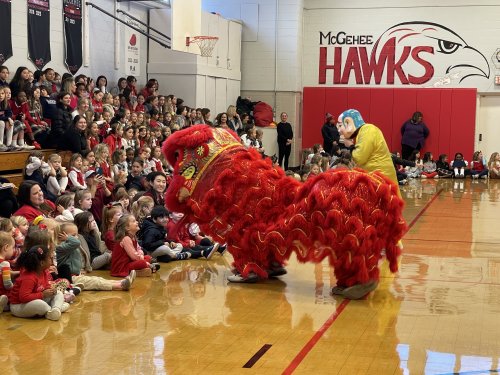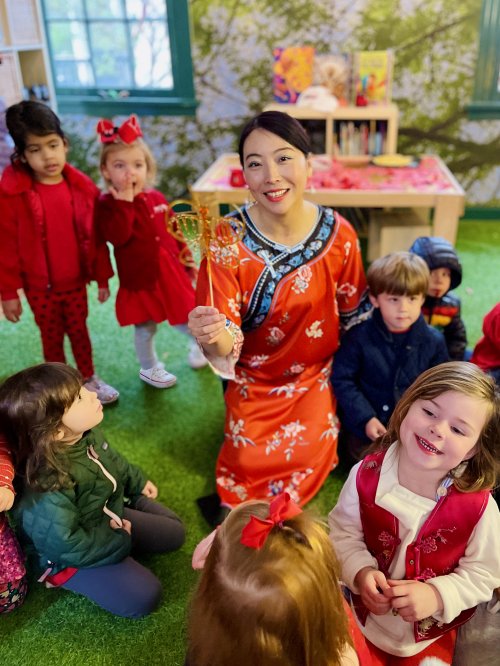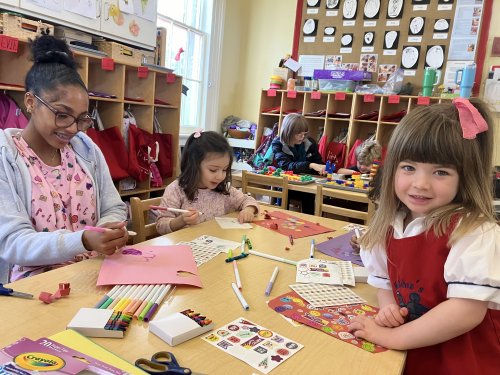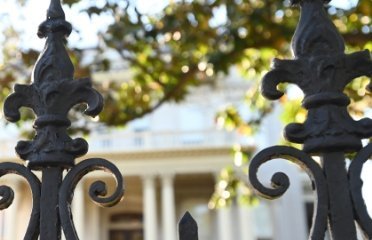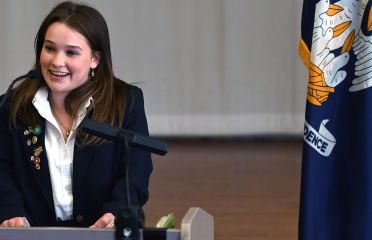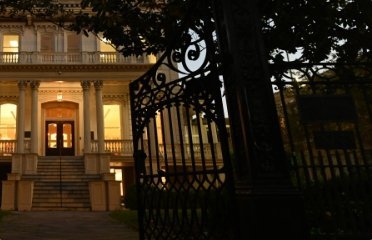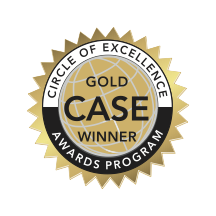What is an Equitable Community?
An intentional learning community that encourages and equips each student with the resources and tools to allow her to define her identity, to participate fully in school life, and to achieve her potential in order to live a healthy and fulfilling life.
To share your questions, comments, or feedback with administrators at McGehee, please complete this form. We will do our best to have someone reach out to you as quickly as possible.
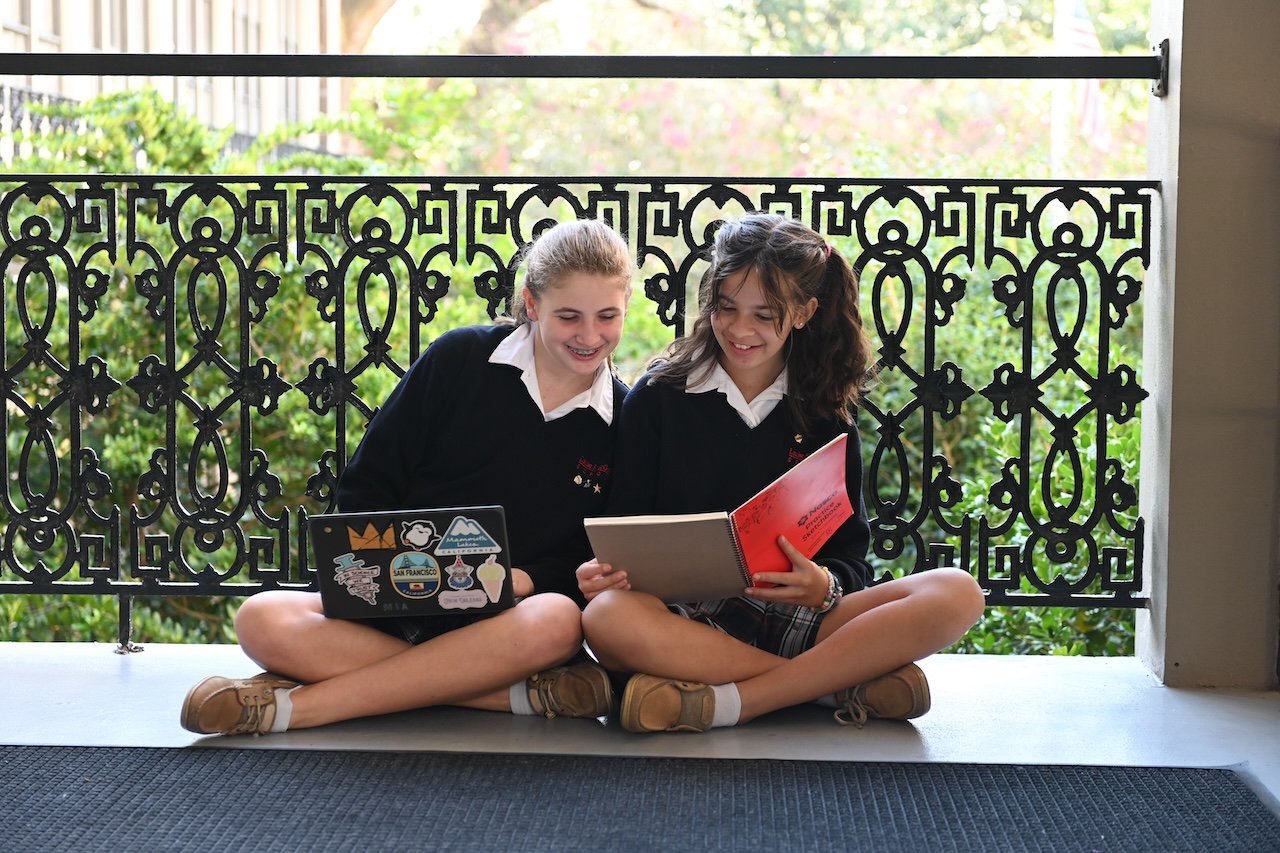
Equitable Community
- Our Equitable Community, a team of teachers and administrators from all divisions, have been meeting monthly throughout the school year to discuss pressing school issues concerning DEIB initiatives.
- Each year a group of students and faculty attend the NAIS People of Color Conference (PoCC) as well as Student Diversity Leadership Conference (SDLC).
- 37 faculty members and administrators attended the ISAS Pollyanna Webinar series, a year-long study of how we can best support all of our students in gaining cultural competences.
Quick Resources
Resources for parents, students, teachers, and students (vetted by a team of educators at McGehee)
Have a resource you would like to share?
Please use this form to submit your resources to the group.
- Principles for Civil Discourse at McGehee
- The Conscious KidResources for parents, students, and teachers
- Teaching ToleranceResources for parents, students, and teachers
- Sesame WorkshopResources for parents and teachers
- Destigmatizing PrivilegeArticle for parents and teachers
- 16 Ways to Help Children Embrace RaceArticle for parents and teachers
- Children's Literature as Seed WorkResources for parents and teachers

